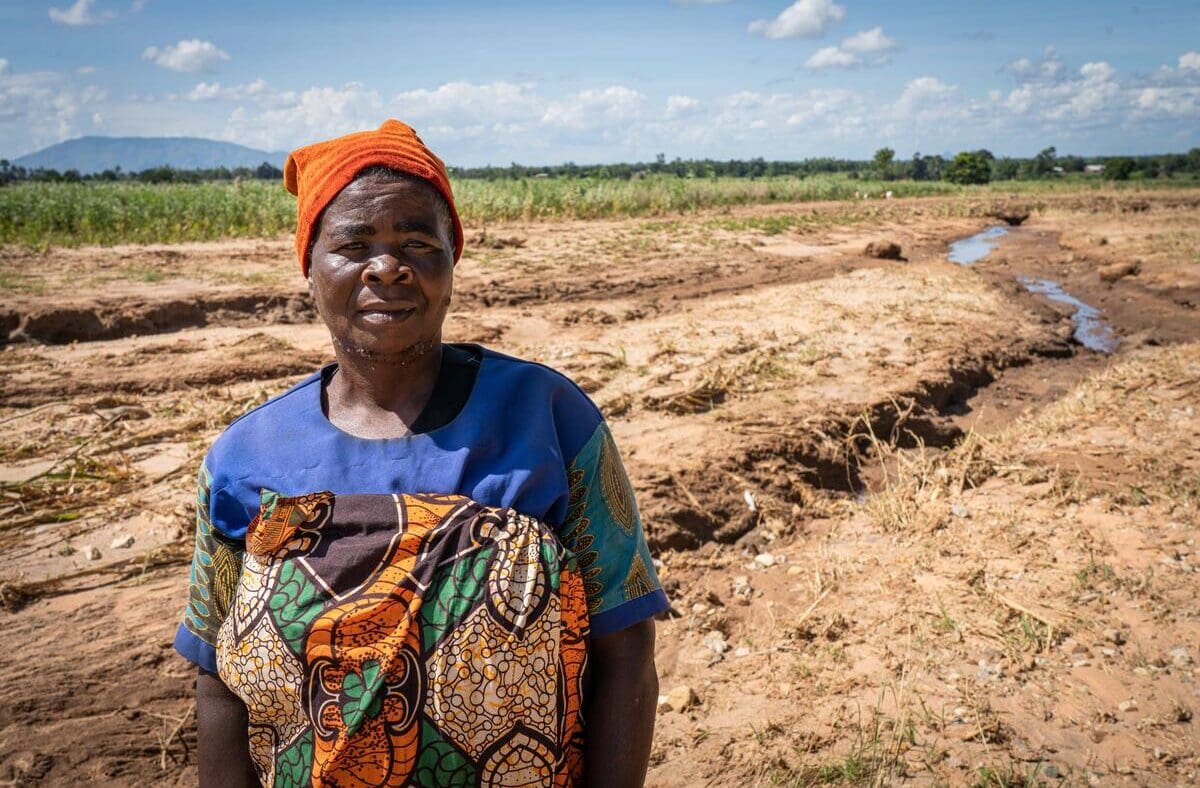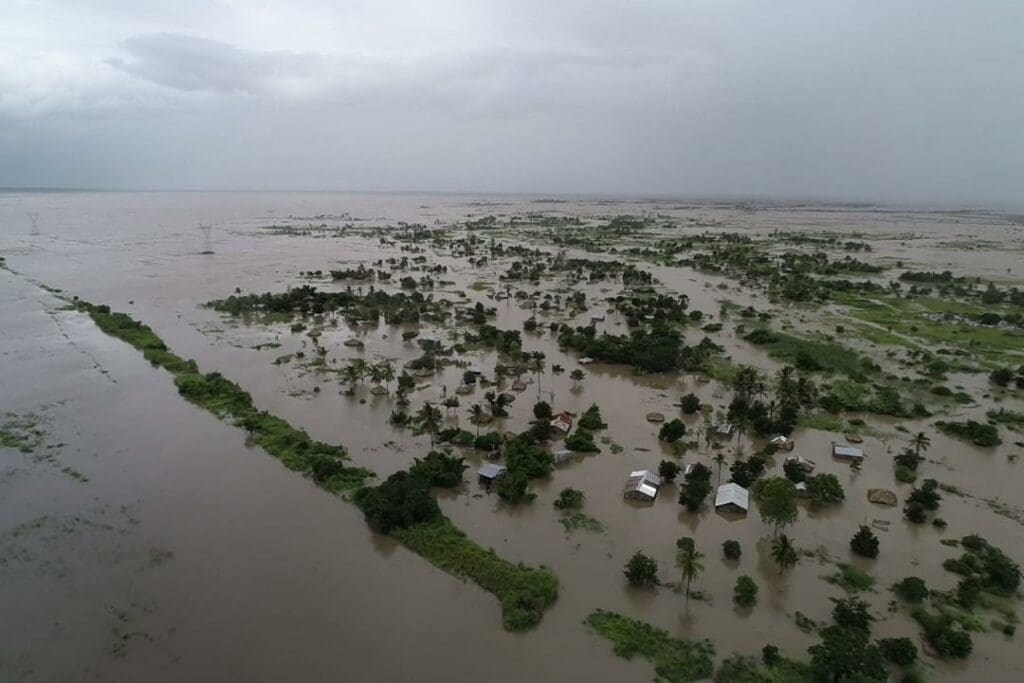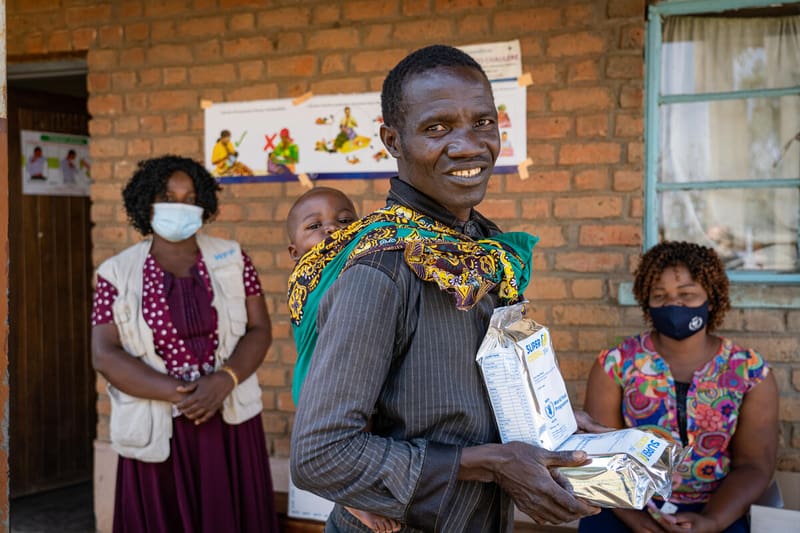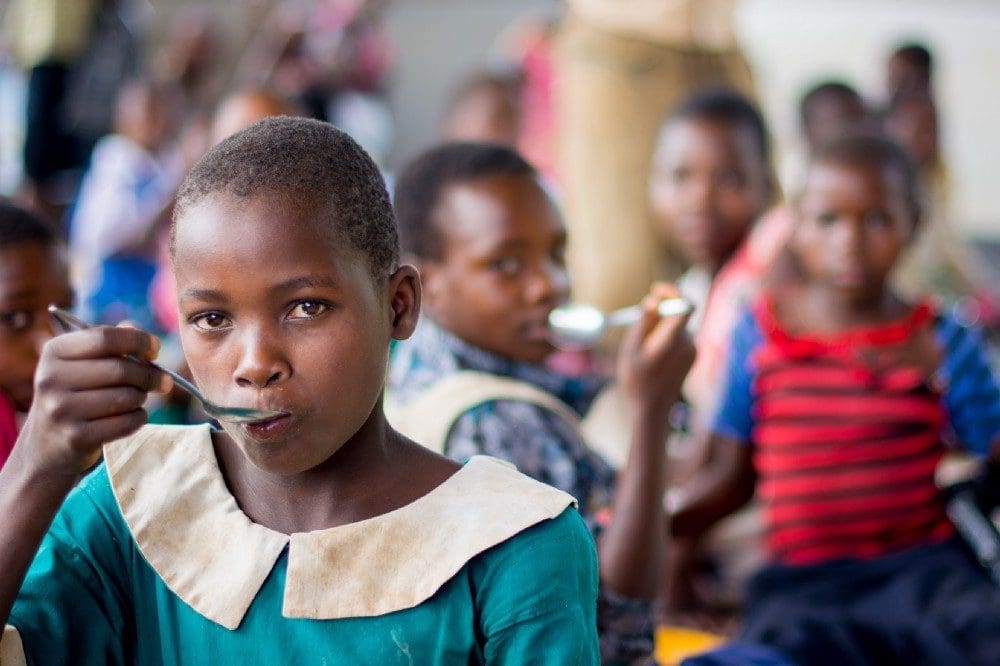
Malawi
With a majority of livelihoods dependent on agriculture, the population of Malawi is highly vulnerable to the effects of natural disasters such as drought and flooding.
Climate is Driving Hunger
Natural disasters are increasing in frequency, intensity and unpredictability, giving the most vulnerable households inadequate time to recover.
Even before Cyclone Freddy hit, many in Malawi were already living on the edge of hunger. Experts estimate more than 3.8 million people – 20% of the population – needed food assistance over the last six months.
The main drivers of severe hunger in Malawi are extreme weather events and rapidly rising food and fuel inflation.

WFP’s Work in Malawi
The United Nations World Food Programme (WFP) has been present in Malawi since 1965. In 2021, the agency assisted over 1 million people. The U.N. World Food Programme is delivering emergency food assistance and addressing the root causes of hunger in Malawi through:

The U.N. World Food Programme provides refugees in Malawi with cash-based assistance to help them meet urgent food needs. The majority of people in refugee camps have no access to income-earning activities, and U.N. World Food Programme assistance is the only reliable and predictable source of food for them.


The U.N. World Food Programme changes lives in Malawi through a range of resilience-building activities including: the creation of community assets like roads and bridges, promotion of climate-smart agriculture, increased access to finance and crop insurance, management of post-harvest losses and linking small-scale farmers to markets where they can sell their surplus. These activities address the root causes of hunger and help communities build long-term stability and food security.


The U.N. World Food Programme provides daily meals to around 600,000 schoolchildren in 452 schools. Where possible, the agency prioritizes a homegrown approach that connects local small-scale farmers to schools. Farmers’ fresh produce is used to prepare daily school meals.

You Can Help Save Lives
When you donate, you help us deliver critical food relief to the most vulnerable people in Country and other countries around the world. You can make difference in someone’s life – send food today.
News & Updates from Malawi
Read the latest articles on hunger issues and WFP’s work in Malawi.


